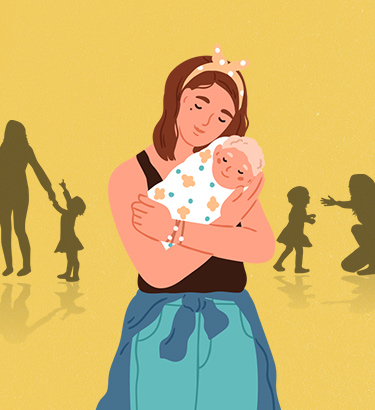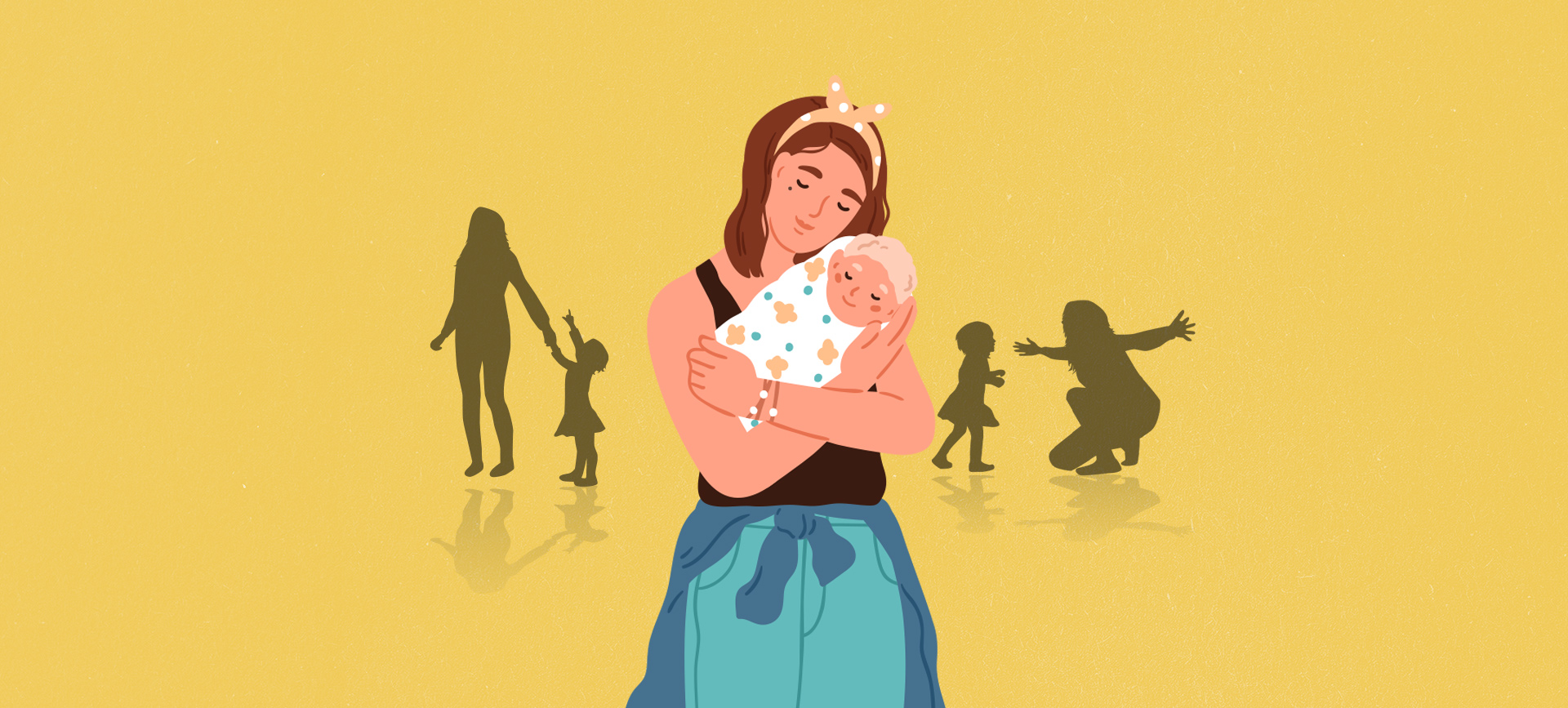Roughly 10 percent of reproductive-age women—that's 190 million globally—suffer from endometriosis, a disorder in which tissue that normally lines the uterus grows outside the uterus.
This chronic inflammatory disease includes a wide variety of debilitating symptoms, such as extreme menstrual cramping, back pain, pain during sex and, for some women, difficulty becoming pregnant.











